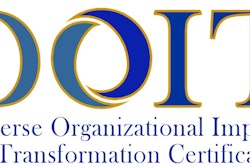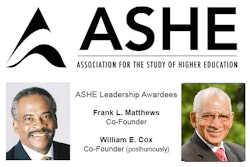Given continual tuition hikes, students and parents are feeling the weight of an increase in debt and the panic from a decrease in cash. Students aren’t the only ones feeling the financial pain. Hikes in tuition are negatively impacting colleges and universities across the country, as well.
In an outlook report released in January, Moody’s Investors Services reveals that nearly half of all universities have reported lower enrollment for fall 2012. Moreover, many schools have increased tuition significantly in recent years but still struggle to make ends meet. Consulting firm Bain & Company produced an analysis in 2012 that concluded about a third of colleges and universities are spending more than they can afford.
Several schools are responding by refusing to raise tuition. Public schools in Arizona and Texas recently decided to freeze in-state tuition, as did many private schools across the country. Among the private schools that froze tuition last fall are Burlington College in Burlington, Vt., Ancilla College in Donaldson, Ind., Tabor College in Hillsboro, Kan. and Franklin Pierce University in Rindge, N.H.
But some schools are taking a more visionary approach. They are rising to President Obama’s challenge for creative, innovative solutions to the problem of rising college costs. Obama has emphasized that a quality education is not a privilege; it’s an economic necessity. He suggests that universities share responsibility with the government to keep college as an affordable option.
Attempting a solution
Paul Quinn College in Dallas is seeking federal recognition as a work college, which means each student is required to hold a job on campus. At Paul Quinn, a portion of the money each student earns goes directly toward the tuition bill. Kendrea Tannis, the dean of the work program, wants students to connect what they are doing in school to the life skills they learn on the job. The work program not only makes tuition more affordable, but also helps show them that their education is an investment and that a paycheck doesn’t have to be the primary motivator for a strong work ethic, she says.





















